Publications
Articles, publications, books, tools and multimedia features from the U.S. Institute of Peace provide the latest news, analysis, research findings, practitioner guides and reports, all related to the conflict zones and issues that are at the center of the Institute’s work to prevent and reduce violent conflict.
Question And Answer
Amid a Changing Global Order, NATO Looks East
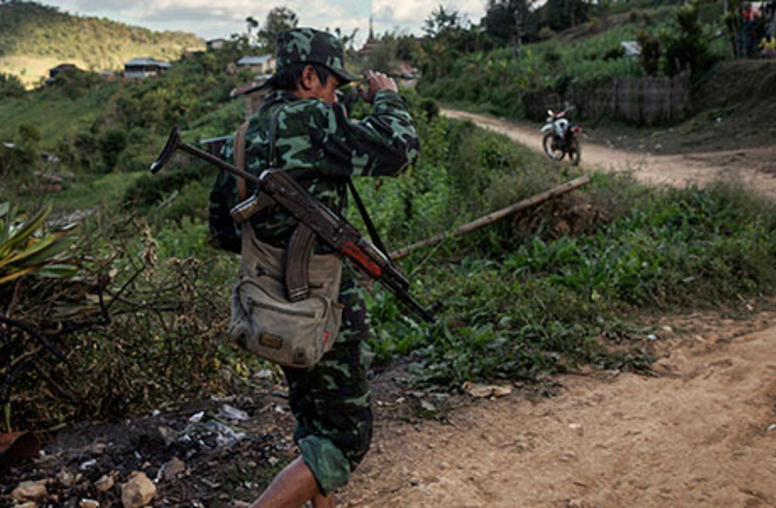
U.S. Eyes Military Ties With Myanmar, Official Says
The U.S. is formulating its next steps in Myanmar, including gradual re-engagement with the country's military, with the aim of broadening cooperation after several years of a multi-agency push to support a sensitive transition toward democracy. Current and former U.S. officials examined recent efforts and outlined plans going forward during a panel discussion at the U.S. Institute of Peace this week.
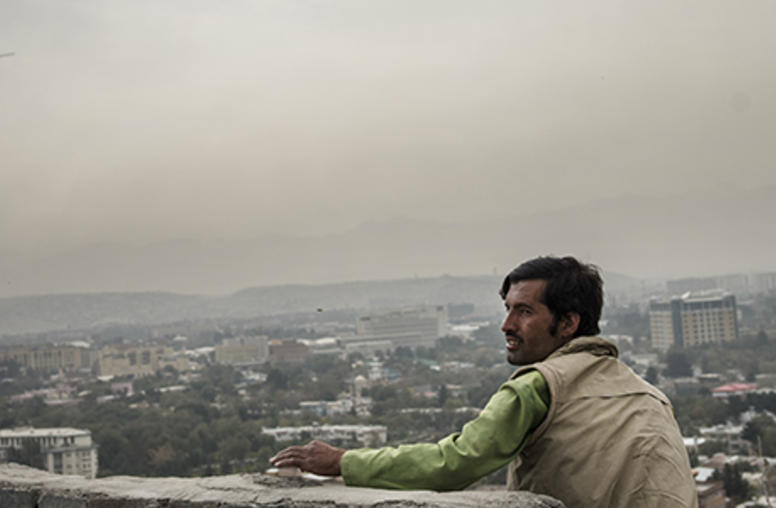
Afghanistan’s Lesson: Strategic Costs of Civilian Harm
After 15 years of U.S. military operations in Afghanistan, the strategic importance of avoiding harm to civilians is an inescapable lesson that policymakers need to fully integrate in American doctrine, planning and training, say the authors of a new report. The report offers “practical, pragmatic, concrete recommendations” to strengthen U.S. military operations overseas by averting losses to civilians and their communities, said former Undersecretary of Defense Michèle Flournoy in a public d...
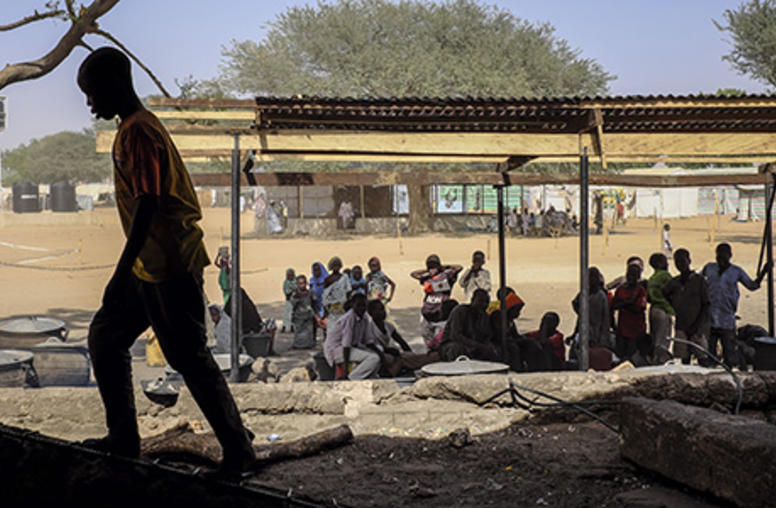
Nigerian Governors Set to Discuss Paths to Progress
The urgent challenges for Nigeria’s powerful northern state governors range from addressing a humanitarian crisis sparked by Boko Haram’s insurgency to boosting economic growth with alternatives such as agriculture to make up for declining oil revenue, Johnnie Carson, a senior advisor at the U.S. Institute of Peace, said ahead of a governors’ symposium to be held at the Institute next week.
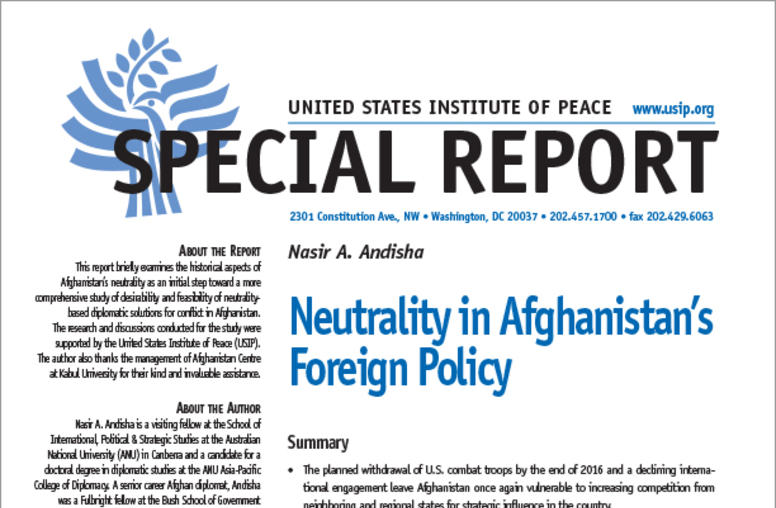
Neutrality in Afghanistan’s Foreign Policy
President Obama’s decision to withdraw all U.S. combat troops from Afghanistan by the end of 2016 leaves that country once again wide open for an intensified regional race for strategic influence in the country. The majority of experts—both Afghan and international—agree that lasting peace and stability in Afghanistan require internationally backed regional arrangements. A recent forum involving high-profile Afghan politicians, former diplomats, and civil society leaders underscores this cons...
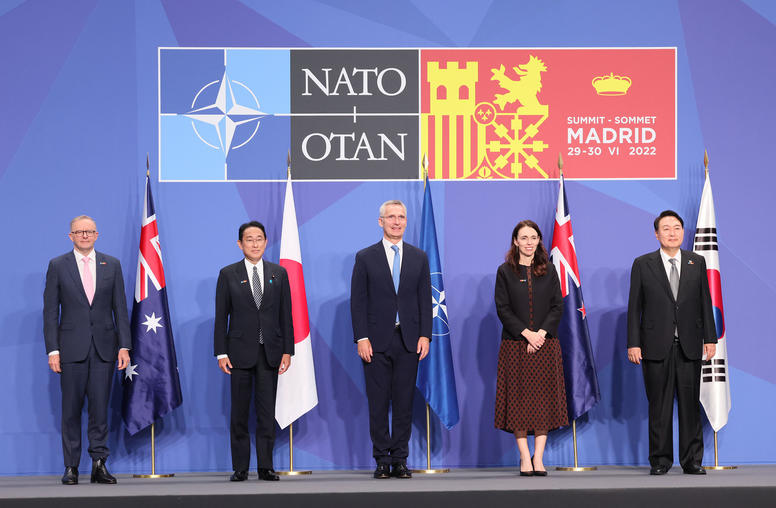
Report of the Expert Study Group on NATO and Indo-Pacific Partners
The North Atlantic Treaty Organization (NATO) and its four partner countries in the Indo-Pacific—Australia, Japan, the Republic of Korea (ROK), and New Zealand—have entered a period of increased engagement. This engagement is taking shape in the context of the war waged by the Russian Federation (Russia) against Ukraine, NATO’s growing awareness of the security challenges posed by the People’s Republic of China (China), and important structural changes in the international system, including the return of strategic competition between the United States and China and Russia. It is occurring not only in bilateral NATO-partner relations but also between NATO and these Indo-Pacific countries as a group.
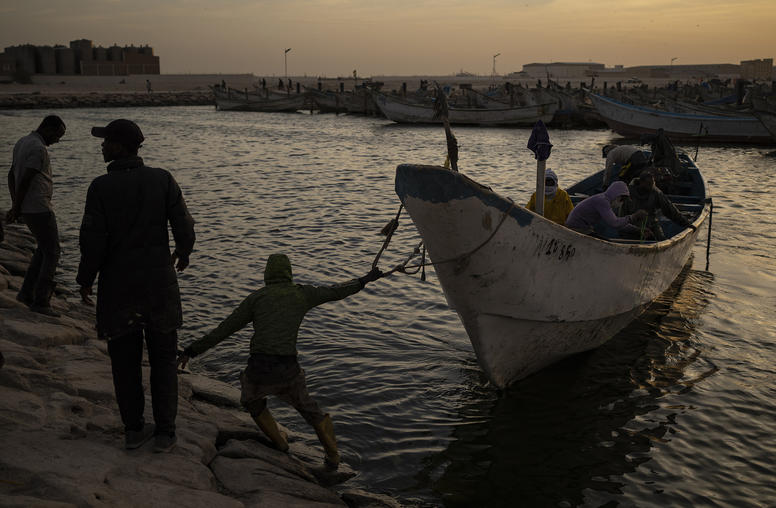
Senior Study Group for the Sahel: Final Report and Recommendations
The United States has not traditionally viewed the Sahel as a region of vital interest, whether in terms of security or from an economic or business perspective. This has led to a pattern of reactive involvement shaped by the circumstances of specific events rather than proactive commitments. This pattern reveals the lack of a comprehensive strategy for the volatile Western Sahel region, which includes Burkina Faso, Chad, Mali, Mauritania, and Niger. In April 2022, President Joe Biden announced that the US government would advance the “U.S. Strategy to Prevent Conflict and Promote Stability” in coastal West Africa by prioritizing a partnership with Benin, Côte d’Ivoire, Ghana, Guinea, and Togo.
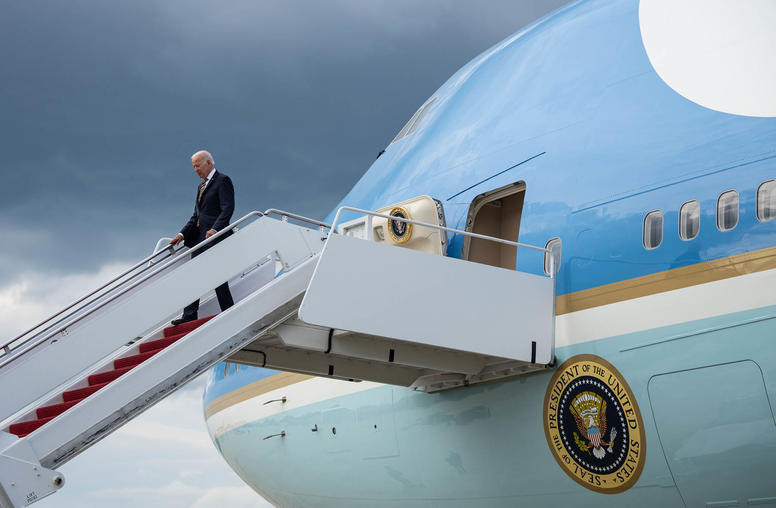
Biden’s Trip, and Ukraine’s War, Could Boost the Abraham Accords
President Biden’s Middle Eastern diplomatic mission this week contrasts with news reports and public discussion in the past year suggesting that the region has become a lesser priority for U.S. foreign and security policy. Biden’s visits to Saudi Arabia, Israel and the Palestinian West Bank territory build on a reality that Middle Eastern states have been knitting new relations, notably via the 2020 Abraham Accords. They are doing so in ways that Biden’s visit, and overall U.S. diplomacy, can advance.
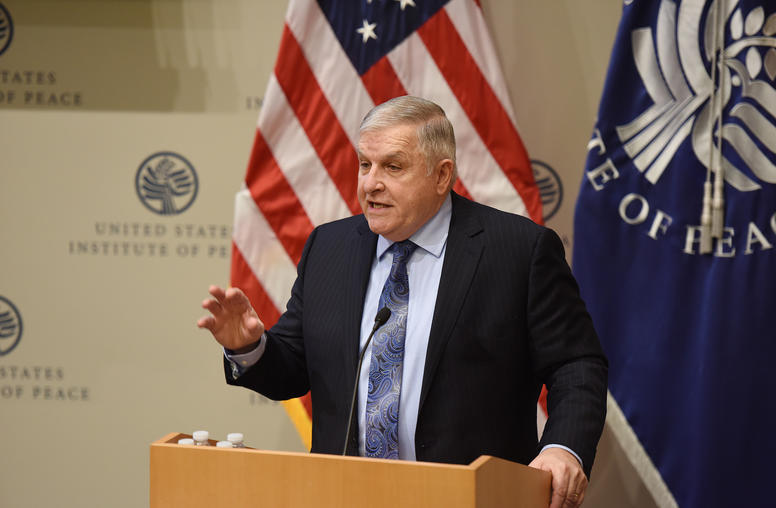
To Better Halt Wars, Does America Need a ‘Crisis Command’?
A string of violent crises since the 1990s—from Somalia to Iraq to others—has underscored America’s need to coordinate better among military forces, relief and development organizations, diplomats and other responders, retired Marine Corps General Anthony Zinni said this week. The United States should consider creating a standing “interagency command” for such crises, Zinni told listeners at USIP.
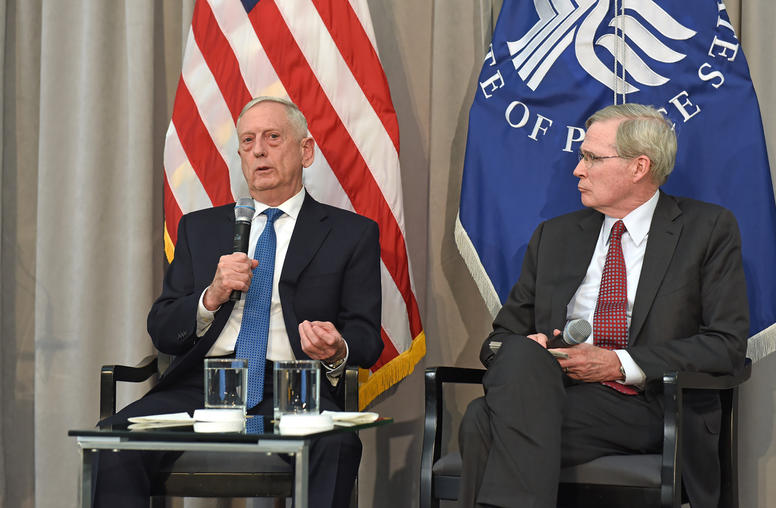
James Mattis: Yemen Needs a Truce Within 30 Days
Secretary of Defense James Mattis yesterday urged combatants in Yemen, including Saudi Arabia and Yemen’s Iran-backed Houthi faction, to negotiate a cease-fire in that war within 30 days while speaking to diplomats, military officers and conflict-resolution specialists at the U.S. Institute of Peace. In a webcast conversation moderated by former national security advisor and USIP Chair Stephen J. Hadley, Mattis also discussed global security challenges facing the United States—from Russia and China, to North Korea—cybersecurity and the need for the developed world to help fragile states improve their governance and address the root causes of extremism.
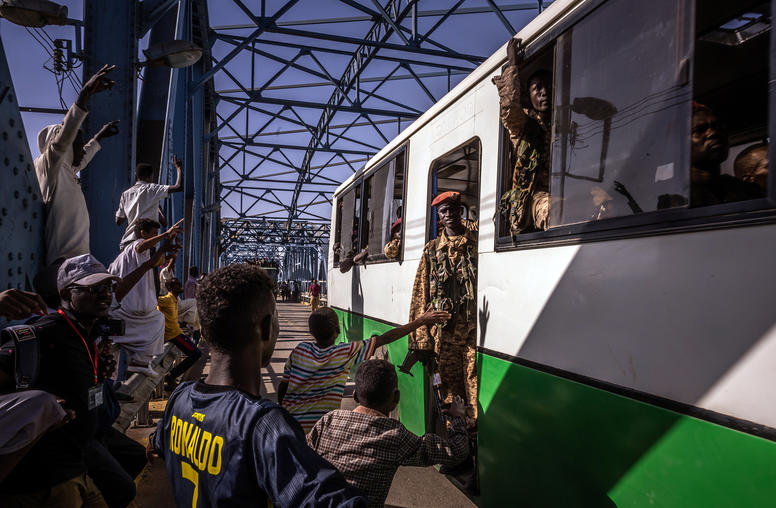
Reported Coup Attempt Complicates an Already-Tenuous Transition in Sudan
USIP’s Joseph Tucker examines who may have been behind the plot, their possible motives, how the failed coup affects the national conversation over the role of the military in Sudan and what can be done to shore-up the country’s democratic transition.